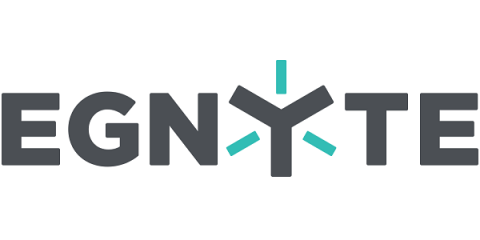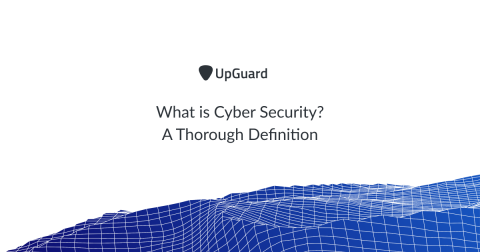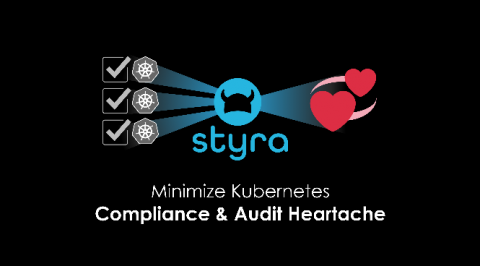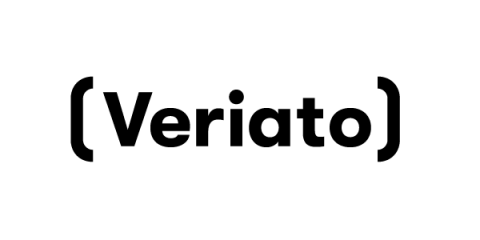IoT Devices - Why Risk Assessment is Critical to Cybersecurity
As technology continues to pervade modern-day society, security and trust have become significant concerns. This is particularly due to the plethora of cyber attacks that target organizations, governments and society. The traditional approach to address such challenges has been to conduct cybersecurity risk assessments that seek to identify critical assets, the threats they face, the likelihood of a successful attack and the harm that may be caused.








